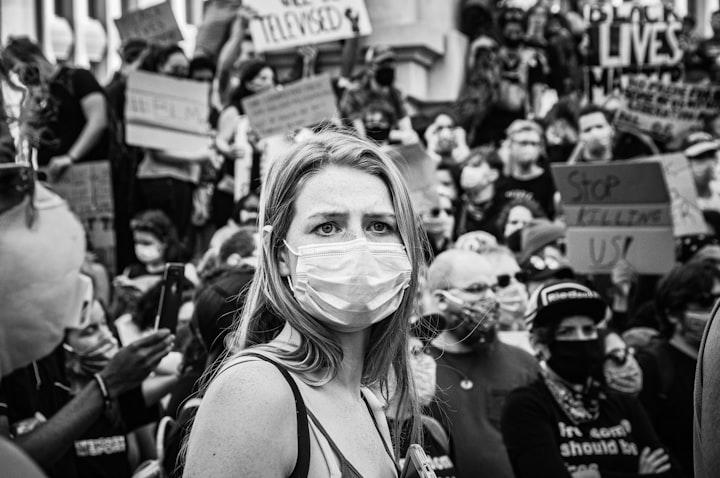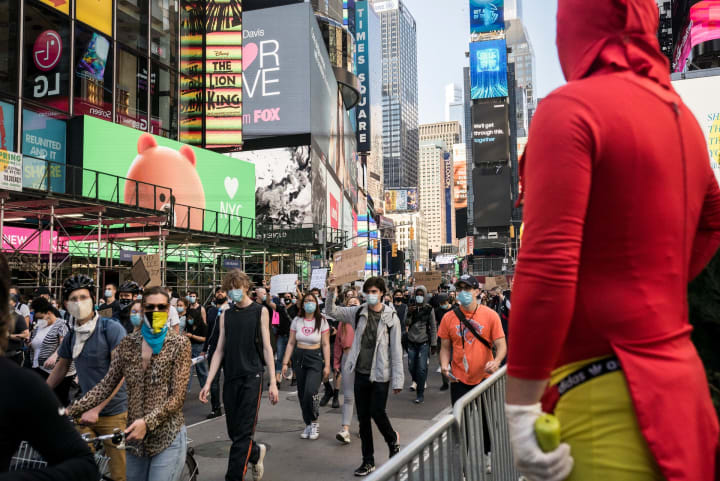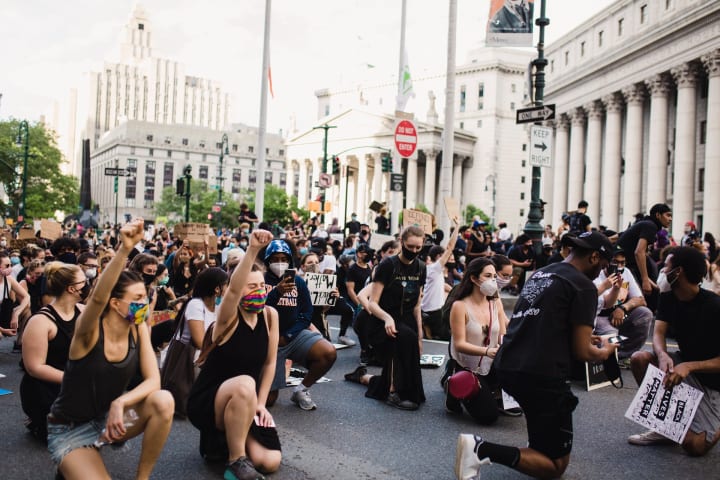Is Capitalism to Blame for the Youth Rebellion?
Why we all need to pay attention


Is Capitalism to Blame for the Youth Rebellion?
If you’ve been following the American political scene in recent years, you’ll know that one big issue has gotten plenty of attention – and it’s not healthcare or even taxes, surprisingly enough. Rather, young people have had enough of capitalism, and they’re not afraid to make their opinions known. But is this warranted? And how can we fix the problem? Let’s take a look at why so many young people are fed up with capitalism and find out how we can move forward as an entire nation...without burning down the Capitol building in protest.
The youth in the United States have always been socially active
dating back to Woodstock, even. According to a recent study, however, young people’s willingness to participate in anti-capitalist protests has been trending upward since 2008. Is it because of higher unemployment rates among Millennials? Or perhaps because students feel as though they were lied to by their parents and teachers about how meritocratic capitalism is supposed to work (when it’s not)? Regardless of what the reason might be, more Millennials are participating in anti-capitalist protests today than at any other time since WWII. But why now? And, moreover, should we be worried about these attitudes toward capitalism having an impact on our generation as future leaders? Only time will tell. But suffice it to say that many younger Americans are very suspicious of free markets and financial elites—and we can argue whether or not that’s justified until we grow old but one thing seems clear: many Millennials would like to see some change. The question is: where do you stand? What are your thoughts on anti-capitalism among younger Americans? Are you sympathetic with their cause or do you think their anger is misplaced or too radical for its own good?

What's new about this rebellion?
If you've been paying attention, you'll have noticed that young people don't really like capitalism. In fact, it turns out they hate it. But what's new about that? After all, youth have always been averse to the status quo (particularly when they're young). In many ways today's young person is not so different from those who rebelled against capitalism in previous generations: they want meaningful work and a future that doesn't look too much like their parents, but instead resembles something better or more exciting.
How did we get here?
In short, we’ve spent decades giving the government a bigger and bigger role in our lives, at all levels. The state has gobbled up more and more resources and influence—more people working in government means more people looking for things to do with their lives. Now we have an insatiable beast that can’t be tamed by a thousand simpletons running around with their hands out.

What does this mean for entrepreneurs?
Millennials—the generation loosely defined as anyone born between 1980 and 2000—are more anti-establishment than previous generations. As Millennials come of age and enter the workforce, many will be drawn to businesses that are not only doing good but also using business as a tool for positive social change. These Millennial entrepreneurs have grown up with social media and have never known a world without it; in many ways, their political views can be traced directly back to their peers’ influence on Twitter, Facebook, Instagram, or Snapchat. And while they may want to change the world, they're going to do so through the channels they know best: their social networks. According to research from Pew Research Center, 41% of 18 to 29-year-olds follow what's happening in government and public affairs a lot, an increase from 32% who said the same in 2010. Forty percent say they use these channels at least weekly for this purpose






Comments
There are no comments for this story
Be the first to respond and start the conversation.